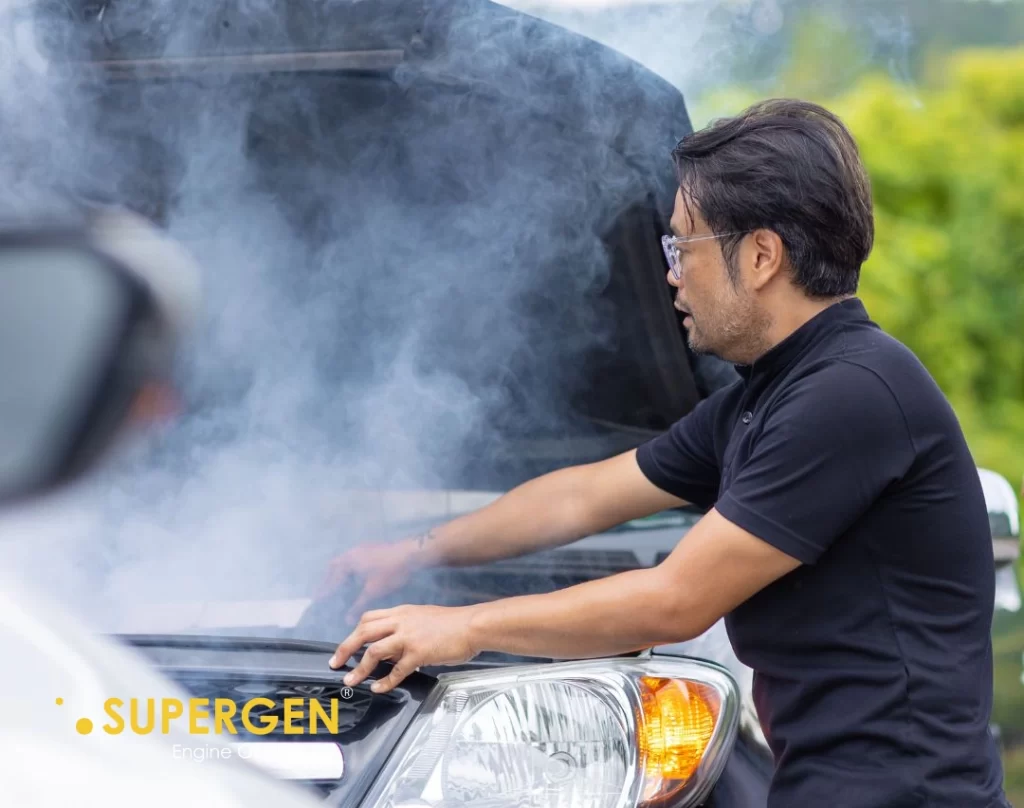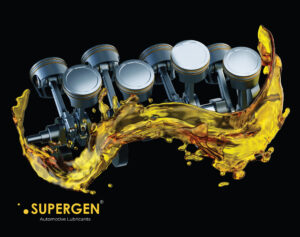Introduction
Engine overheating is a common problem that many vehicle owners have encountered at some point. It occurs when the engine’s temperature rises above the normal operating range, which can lead to serious damage if not addressed promptly. Understanding the common causes of engine overheating is crucial for preventing potential breakdowns and expensive repairs. In this blog, we will explore the main culprits behind engine overheating and provide insights into how to prevent such situations.
Insufficient Coolant or Coolant Leaks
One of the primary causes of engine overheating is insufficient coolant or coolant leaks. Coolant, also known as antifreeze, plays a vital role in maintaining the engine’s temperature within a safe range. If the coolant level is low or there are leaks in the system, the engine may not receive adequate cooling, leading to overheating. Coolant leaks can occur due to damaged hoses, radiator cracks, a faulty water pump, or a malfunctioning radiator cap. Regularly checking the coolant level and addressing any leaks promptly can help prevent engine overheating caused by coolant issues.
Malfunctioning Thermostat
The thermostat is a crucial component that regulates the flow of coolant between the engine and the radiator. It ensures that the engine reaches its optimal operating temperature quickly and stays within that range. If the thermostat fails to open or gets stuck in a closed position, coolant circulation can be restricted, leading to engine overheating. A malfunctioning thermostat should be replaced promptly to maintain proper engine cooling.
Cooling Fan Problems
The cooling fan is responsible for drawing air through the radiator to dissipate heat. If the cooling fan fails to operate correctly, the engine may experience inadequate cooling, especially during idle or low-speed driving. Common issues that can cause cooling fan problems include a faulty fan motor, a damaged fan blade, or issues with the fan relay or temperature sensor. Regularly inspecting the cooling fan system and promptly addressing any malfunctions can help prevent engine overheating.
Clogged Radiator
A clogged radiator can severely impact the cooling efficiency of the engine. Over time, debris, dirt, and sediment can accumulate in the radiator, blocking the passage of coolant and impeding heat dissipation. This can result in engine overheating, especially under heavy loads or during hot weather conditions. Regular radiator maintenance, such as flushing and cleaning, is essential to prevent clogs and ensure optimal cooling performance.
Serpentine Belt Failure
The serpentine belt is responsible for driving various engine components, including the water pump. If the serpentine belt fails or becomes loose, the water pump may not function properly, reducing coolant circulation and leading to engine overheating. Regularly inspecting the serpentine belt for wear, cracks, or tension issues is crucial. Replacing the belt at the recommended intervals can help prevent overheating caused by serpentine belt failure.
Engine Overload or High Ambient Temperatures
Excessive engine workload, such as towing heavy loads or driving uphill for extended periods, can lead to engine overheating. Additionally, high ambient temperatures, especially during hot summer months, can strain the cooling system’s capacity, resulting in elevated engine temperatures. Avoiding excessive engine strain and taking precautions during extreme weather conditions, such as using air conditioning or cooling the engine before shutdown, can help prevent overheating in these situations.
Faulty Water Pump
The water pump is responsible for circulating coolant throughout the engine and radiator. If the water pump fails or malfunctions, it can disrupt the coolant flow, leading to inadequate cooling and engine overheating. Signs of a faulty water pump include coolant leaks, unusual noises coming from the pump, or excessive play in the pump’s pulley. Regular inspection and replacement of the water pump as recommended by the manufacturer can help prevent overheating caused by this component.
Faulty Radiator Cap
The radiator cap serves as a pressure release valve for the cooling system. If the cap is faulty or doesn’t maintain the proper pressure, it can result in coolant boiling at a lower temperature than normal, leading to engine overheating. Additionally, a worn-out radiator cap may not seal properly, causing coolant to leak and leading to cooling system inefficiency. It is important to regularly inspect the radiator cap and replace it if necessary.
Exhaust System Issues
A malfunctioning or clogged exhaust system can contribute to engine overheating. The exhaust system carries away hot gases produced during combustion. If there are obstructions, such as a clogged catalytic converter or a damaged exhaust manifold, the backpressure can increase, affecting engine performance and causing overheating. Regular inspection and maintenance of the exhaust system can help prevent such issues.
Ignition Timing Problems
Incorrect ignition timing can cause the engine to run hotter than usual. If the ignition timing is too advanced, it can result in pre-ignition or detonation, leading to increased heat generation and engine overheating. On the other hand, if the ignition timing is too retarded, it can cause incomplete combustion, resulting in excessive heat in the exhaust system and engine overheating. Regular tuning and adjustment of the ignition timing can help prevent overheating caused by this issue.
Conclusion
Engine overheating is a problem that should never be ignored, as it can cause severe damage to the engine and lead to costly repairs. By understanding the common causes of engine overheating and taking proactive measures, you can prevent this issue from occurring. Insufficient coolant or coolant leaks, malfunctioning thermostats, cooling fan problems, clogged radiators, serpentine belt failure, and engine overload or high ambient temperatures are some of the primary culprits behind engine overheating.
Regular maintenance, such as checking coolant levels, inspecting the thermostat, monitoring the cooling fan system, and cleaning the radiator, is essential for preventing engine overheating. Additionally, paying attention to signs of serpentine belt wear and replacing it at recommended intervals can help avoid overheating caused by belt failure.
It is crucial to be mindful of the engine’s workload and ambient temperatures. Avoid putting excessive strain on the engine, especially during towing or extended uphill drives. During hot weather conditions, take precautions to cool the engine before shutting it off and utilize air conditioning to reduce the strain on the cooling system.
In conclusion, engine overheating can be a significant concern if left unaddressed. By being aware of the common causes and taking proactive measures, you can ensure that your engine operates within the optimal temperature range, avoiding potential damage and expensive repairs. Regular maintenance, inspections, and timely repairs are the key to preventing engine overheating and maintaining the longevity of your vehicle.









